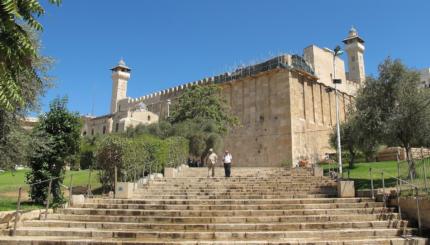Imagine the uproar that would happen if a rabbi said that he or she composed a new Torah. The rabbi would face criticism across the board.
Recently one of our Rabbis Without Borders, Rabbi Zach Fredman shared a new “Torah” called The Maqam Project with some rabbis on a listserv. The negative reactions came swiftly. Not knowing that a “maqam” is a is an Arabic musical scale, similar to a jazz mode, which repeats a musical theme while allowing for and encouraging improvisation and has been used for centuries by Syrian Jews as a means of interpreting Torah, the rabbis on the listsev reviled Rabbi Fredman’s supposed “Torah.” Some ungraciously asked who was this guy? Was he even a rabbi?
Imagine their surprise when it turned out that Rabbi Fredman is reviving an ancient Judeo- Arabic tradition of Torah study. What he is doing may be new to us, but is actually quite old. Each weekly Torah potion has a melody that goes with its story line. Rabbi Fredman studied these melodies and then teamed up with another rabbi, James Stone Goodman, to create an interplay of poetry and music which explains the main themes in the weekly Torah portion.
Both the music, which has a distinctive Arabic sound and the spoken word, might sound strange to our Western ears. This is not how my Eastern European ancestors learned Torah. It is different, but it is also traditional Torah. What is old becomes new again.
The Maqam Project is border pushing in the Jewish world. It causes people like me, an American born and raised Ashkenazi Jew, to expand my understanding of what Torah is and how I can access it. I find it both unsettling and beautiful at the same time. I am thankful to have been given a new way to approach Torah.
Take a listen. I would be curious to hear your reactions.
Ashkenazi
Pronounced: AHSH-ken-AH-zee, Origin: Hebrew, Jews of Central and Eastern European origin.
Torah
Pronunced: TORE-uh, Origin: Hebrew, the Five Books of Moses.



